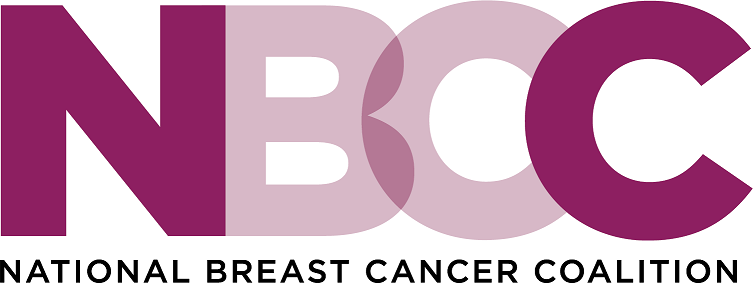Why would I talk to my newspaper, a blogger or another media outlet about breast cancer?
Television programs, newspaper articles and blogs frequently report on the latest study in breast cancer causes, treatments and cures – each announcing the latest breakthrough, or caution, of the disease. While many of these stories are correct and others may contain some correct information, that is not always the case. And they don’t always portray an accurate picture of the state of the disease.
The media often gravitate toward stories that are extremely hopeful, or extremely fearful. However, the truth often falls within the middle ground, and in the small details. For example, many media outlets have covered stories about young women, even girls as young as 11, with breast cancer. As a result, many young women worry about breast cancer when, in fact, a 20-year old woman has a lower risk of dying from breast cancer than a 70-year old man.
Breast cancer is a complex disease with complex treatments. It is often difficult to capture all essential pieces of information in a short news segment or article. As a result, the media sometimes gets the story right, but not always.
As a reader or viewer, you can speak up - like NBCC advocate Sandra Spivey did recently - and teach the media a thing or two about breast cancer. In the process, you’ll be helping other readers and viewers by providing them with accurate and complete information about breast cancer. With your help, the public will be able to better separate fact from fiction and accuracy from sensationalism.
How do I talk to my newspaper, a blogger or another media outlet about breast cancer?
- Before you speak to a reporter, editor or blogger, familiarize yourself with the coverage of breast cancer by that particular media outlet. Review articles, news segments and blog entries online or at a local library.
- Review the 31 Myths & Truths about breast cancer and see if there are particular topics that the media you follow tend to cover in a manner that is less than fully accurate or complete.
- Use the resources at StopBreastCancer.org to find out more about those topics and learn the facts. All of NBCC’s position statements, fact sheets and analyses are based on scientific research and are carefully fact checked. Using the website you will be able to: cite research, download materials, read position papers and keep up to date on legislative “happenings on the Hill.”
- Write a “Letter to the Editor” outlining the facts related to the myth or truth about breast cancer or post the Myths & Truths content to a blog. Mention that your facts are backed by the National Breast Cancer Coalition. You may also wish to include a short statement about why the issue is personally important to you.
- Ask the media outlet to provide more accurate and complete coverage about breast cancer. Refer them to the 31 Myths & Truths, StopBreastCancer.org and any specific resources you’ve identified on the website that they can read in order to learn more.
|

